
Catch up on the latest news, breakthroughs, and announcements from biotechnology companies making advancements in cell and gene therapies.

Catch up on the latest news, breakthroughs, and announcements from biotechnology companies making advancements in cell and gene therapies.
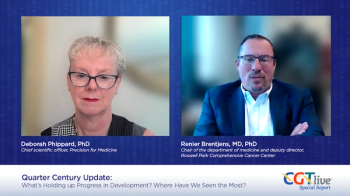
Deborah Phippard, PhD, and Renier Brentjens, MD, PhD, shared advice for young scientists entering the cell and gene therapy field.
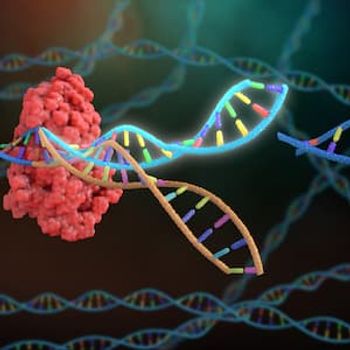
The patient showed grade 4 liver transaminases and increased total bilirubin and was hospitalized.
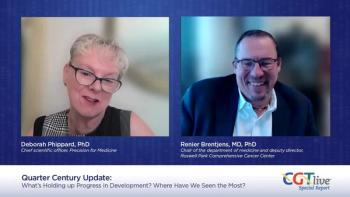
Deborah Phippard, PhD, and Renier Brentjens, MD, PhD, discussed the unpredictability of "living drugs" in the human body and the ongoing development of understanding.
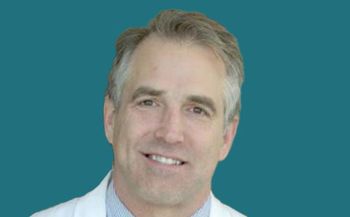
The associate professor of dermatology at Stanford University discussed practical considerations for the introduction of gene therapies in dermatology.
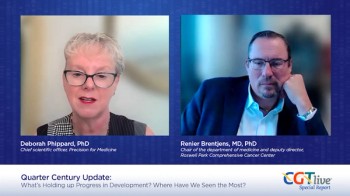
Deborah Phippard, PhD, and Renier Brentjens, MD, PhD, shared their thoughts on how streamlined collaboration can help move therapies to patients faster.

Deborah Phippard, PhD, and Renier Brentjens, MD, PhD, discussed strategies used to streamline development in cell and gene therapy.
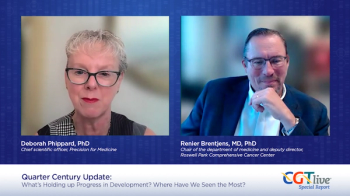
Deborah Phippard, PhD, and Renier Brentjens, MD, PhD, discussed the major friction points in cell and gene therapy development and uptake.

Review top news and interview highlights from the week ending October 24, 2025.

Deborah Phippard, PhD, and Renier Brentjens, MD, PhD, discussed their thoughts on major moments in the past 25 years of cell and gene therapy research.
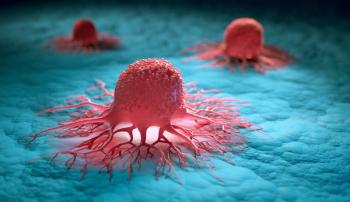
It was noted that the CA19-9 reductions in the 5 patients observed after infusion of satri-cel ranged from 51.3% to 96.1%.

In terms of safety, there were no AEs or serious AEs deemed related to AB-1002.

Catch up on the latest news, breakthroughs, and announcements from biotechnology companies making advancements in cell and gene therapies.

The IND application enabling the launch of the CELESTE trial in the US was previously cleared by the FDA in July 2025.
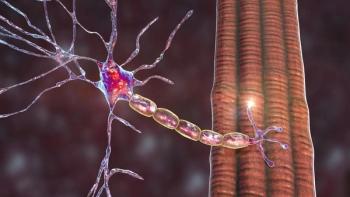
The primary end point of the study was met.

Review top news and interview highlights from the week ending October 17, 2025.

Headaches, falls, and nausea constituted the common treatment-emergent AEs, and were deemed mild-to-moderate in terms of severity.
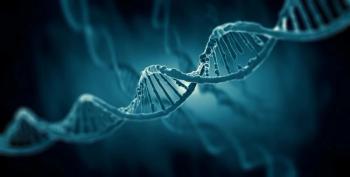
The efficacy data included 4 patients who had discontinued their SOC therapy in a time frame of 4 to 11 weeks after being treated with FLT201.
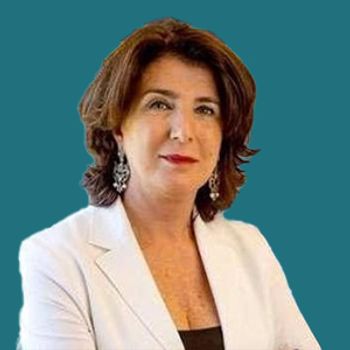
Tr1X intends to go forward with plans for a phase 1/2a dose-escalation clinical trial, which it expects to launch early next year.

Catch up on the latest news, breakthroughs, and announcements from biotechnology companies making advancements in cell and gene therapies.

Krystal is the second company to have received the new FDA designation.
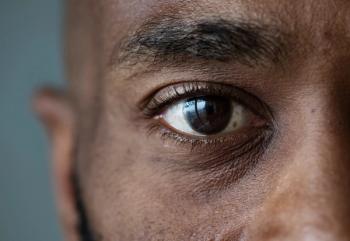
The RDEA program is meant to support use of novel end points for measuring efficacy in clinical studies for therapies aimed at treating rare diseases.
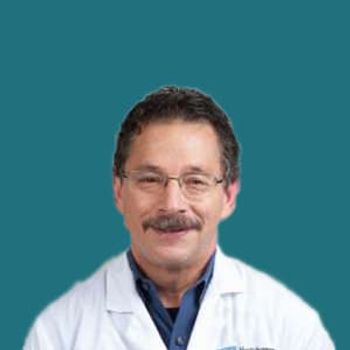
The FDA has set the PDUFA action date for the BLA at March 28, 2026.
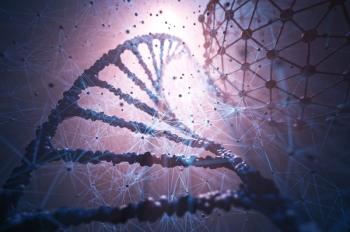
Pending talks with the FDA, Regeneron intends to submit a regulatory application for DB-OTO before the end of 2025.
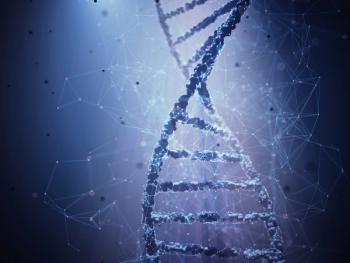
With regard to safety, MYR-101 was characterized as “well tolerated” with a “favorable safety profile.”

Review top news and interview highlights from the week ending October 10, 2025.
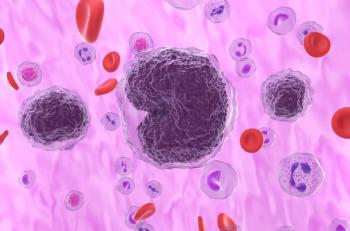
Verismo emphasized that the milestone strengthens its relationship with the Institute for Follicular Lymphoma Innovation.
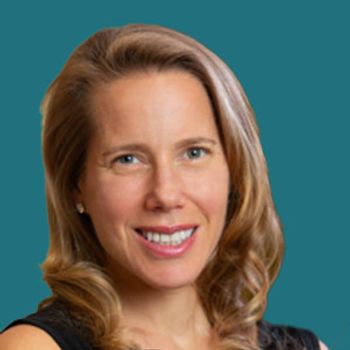
Neurogene also relayed new preclinical findings on the use of intracerebroventricular and intrathecal lumbar delivery of NGN-401.

AVB-114 previously received fast track designation from the FDA in February of this year.

Catch up on the latest news, breakthroughs, and announcements from biotechnology companies making advancements in cell and gene therapies.